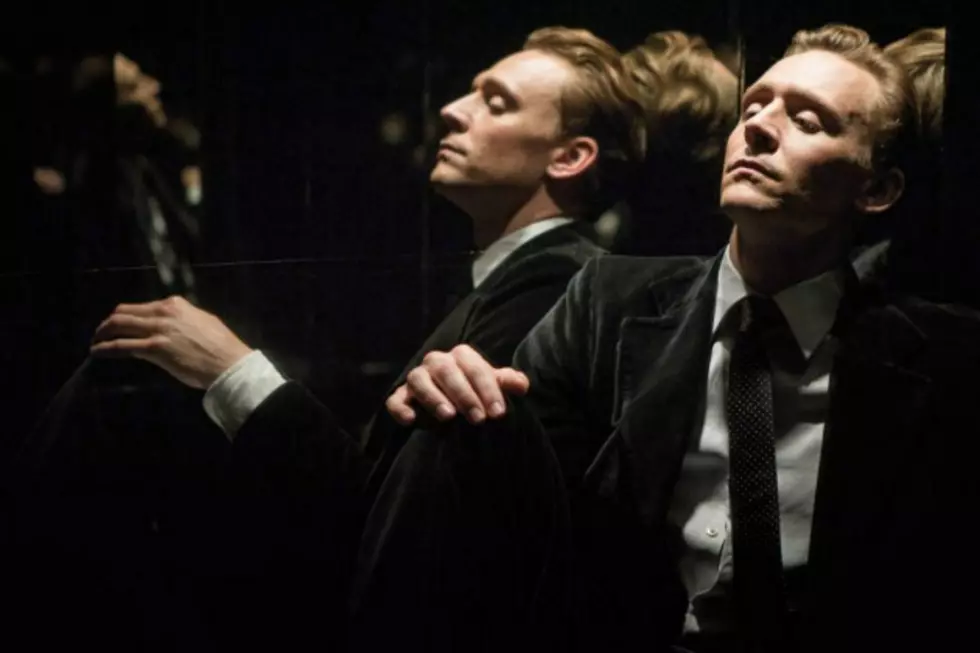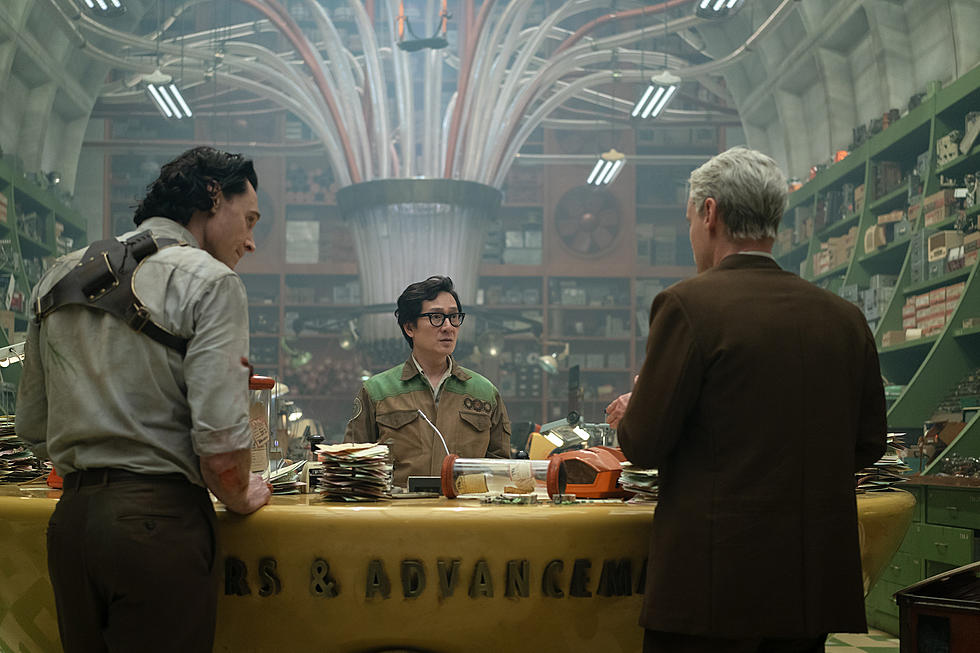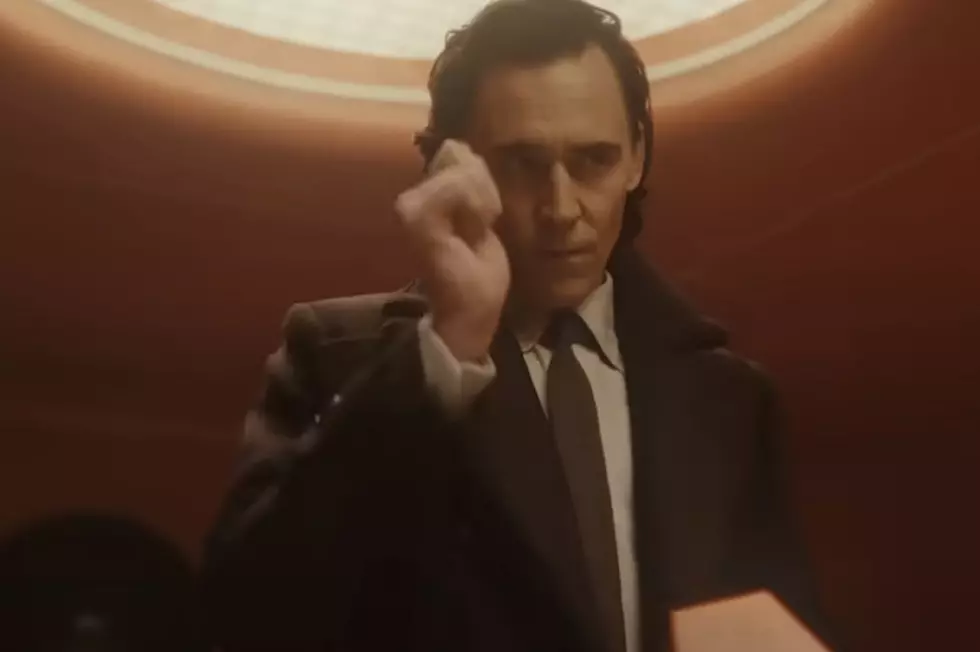
‘High-Rise’ Review: A Slick and Sleek Monument to Madness
Director Ben Wheatley and his screenwriting partner Amy Jump are known for their specific, darkly humorous sensibilities, from the horror thriller Kill List to the black-and-white psychedelia of A Field in England to the bleak hilarity of Sightseers. The duo return this year with High-Rise, based on J.G. Ballard’s sophisticated dystopian tale of class warfare in an elegant British apartment block. It may be Wheatley’s least accessible film to date — and also his best.
Tom Hiddleston’s handsome and charismatic Dr. Laing is our guide through the title building, one of several planned apartment blocks in ’70s London created by the coolly eccentric Anthony Royal (Jeremy Irons, in a role only Jeremy Irons could play). The tenants of the building are sorted according to class, with Laing situated somewhere in the middle; his effortless charms affording him the ability to blend with both the literal upper classes and the lower.
The inciting incident is a familiar scene: a child’s birthday party which devolves into madness when the lower tenants discover that the swimming pool has been closed for an exclusive event. It hardly feels like the spark of a revolution, but that’s what comes next, as if each resident has been teetering precariously on the edge of violence since before we knew them. Leading the charge for the lower class is Richard Wilder, an aspiring documentarian portrayed by Luke Evans, who conveys such exquisite intensity that it’s as if Wheatley plucked him from a 40-year-old psychodrama. He’s joined in the lower half of the building by his pregnant, beleaguered wife (Elisabeth Moss), the building’s chief bachelorette (Sienna Miller), and an assortment of various swinging residents, each of whom reeks of desperate disillusion.
The setting of High-Rise is an easy metaphor for capitalist society, but the real meal of the film is found in its individual residents who — both collectively and individually — exist almost entirely as personified ids. Wheatley’s film isn’t a series of incidents before arriving at an expected climax; High-Rise is exclusively a film about the reactionary, imbued with a French revolutionary theme first introduced during an uncomfortable dinner party in Royal’s apartment where the guests are dressed in 18th century French costumes, evocative of the Marie Antoinette era. Wheatley continues to push this idea with subtle pieces like Moss’ French country dress, its print reminiscent of a delicate China pattern.
A ravishing score by Clint Mansell and impressive covers of ABBA’s classic “S.O.S.” (including one by Portishead, the group’s first new song in several years), enhance the specificity of High-Rise — it’s both sophisticated and bleak, glamorous and disconcerting, polished and yet impeccably destructive. With his sleek physicality and elusively charming appeal, Hiddleston epitomizes the aesthetic and tone of High-Rise, which is further echoed in each individual tenant, from the anarchic Wilder to his solemnly desperate wife. Each resident represents a piece of the chaotic decadence and madness of the building itself.
High-Rise will undoubtedly attract the Hiddleston fan base, though it may leave may leave them confused and somewhat disgusted in much the same way the Ryan Gosling faithful rejected Nicolas Winding Refn’s Only God Forgives. Both films are intentionally difficult and cold — not so much dares to the audience as litmus tests. There’s something rewarding about appreciating and understanding a film that doesn’t welcome you with open arms; something that feels as though it’s made for the few and not the many. High-Rise is just as sleek and off-putting and elitist as the actual high-rise around which it’s built.
More From ScreenCrush









